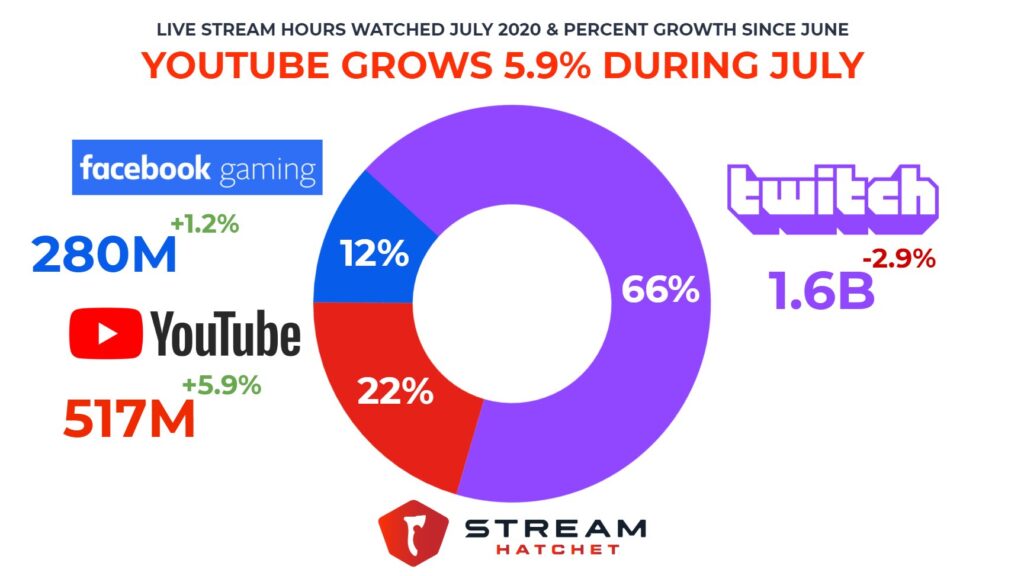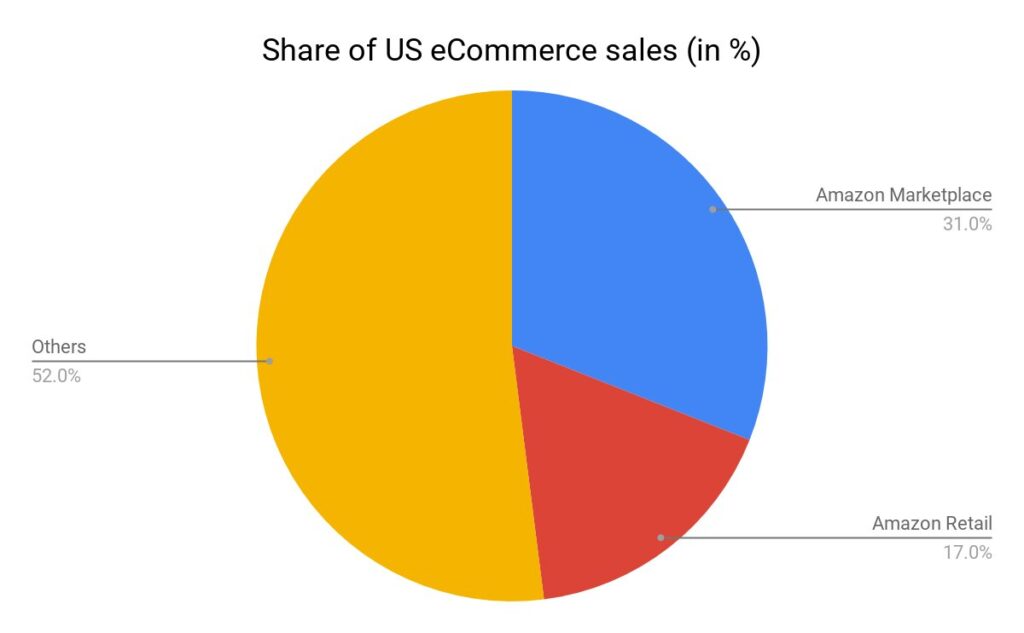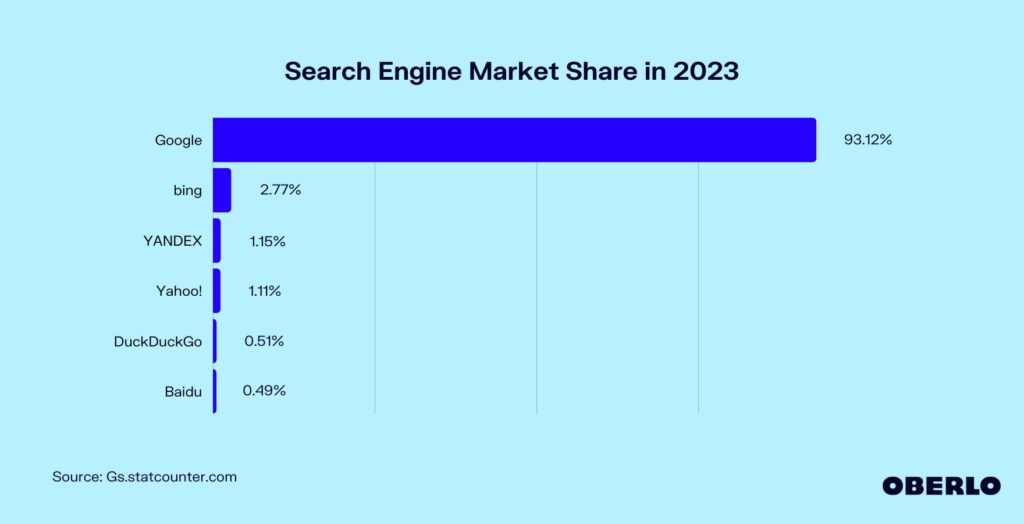Her Penis is Boring
Oh good. You get a package and creatively wrap it. Who doesn’t love a Dutch surprise?
It’s all very predictable. As soon as you see the headline, you know what’s going to happen.
A great big chunk of the normie right, and even the more based/red-pilled/dissident/whatever right, have reacted like this. What do you reckon, do you recognise the below?
“Outrageous! *What do they mean HER penis*? If the left did this eh meh meh hypocrisy blah! Harumph, most unorthodox! If a man did this! We’ve fallen so far, the future of our country, something something the Queen. Splutters champagne, monocle falls out, but with Victorian era mutton chops.”
OK, the last bit might be a little unfair. You get the point though, don’t you?
Is this really some great new surprise or at all shocking? No! It’s been done to death and now they’re acting out with increasingly more extreme things to get the same level of reaction, attention, etc. to try and keep any buzz or excitement going in their latest fad.
Now they’re getting their ‘tits’ out at the White House. What’s next? Synchronised helicopters at the Cenotaph this November while the King stands to attention? This is all so dumb and transparent. Why are you reacting as if it’s anything other than boring?
The ‘right’ is the most promising place anything new or interesting is likely to come from. It’s on the outside. It’s not establishment normalcy, curated and factory-made orthodoxy. When it reacts in such predictable ways to such obvious dreariness, it’s really letting itself down. Don’t let your enemies feel like insurgents when they’re cradled by the status quo. Let them jump the shark.
Reacting is a diversion of your energy from more important things. Minority issues cut both ways. Sure, ‘most people’ (do majorities matter, or does winning matter?) might agree with you, and it might even count for something, but how high on their list of priorities is it? Yes, take the low hanging fruit, or perhaps this is an issue which also largely takes care of itself if enough (of the relevant) people are on your side.
Yes, this may have played a role in bringing down Nicola Sturgeon, but how significant was that? What role did money problems play? And the SNP are still there, with Labour next best positioned to take over. Nothing big or culturally or politically is really that different in Scotland. For the whole UK what still stands? The economy, immigration, house prices, tax rates, NHS standards, take your pick of any issue which needs more work.
For now, let the TERFs and trans people have at it. It’s not like the TERFs are your friends. Why give any quarter to a slightly different strain of the progressive problem?
And on a totally basic level, isn’t it just stupid to bother fighting ‘to prove’ (to who?) that men are men and women are women? This is really just a playground case where someone calls you a name, and you either call them one back or ignore it. You don’t waste energy trying to persuade your accuser that you are not whatever they called you.
Just like the playground, they don’t really believe in ‘her penis’ anyway. It’s a shit test, ab initiation rite, an in-group/out-group signifier. It’s like molesting a pig to get into the Bullingdon Club or whatever. Well, that’s the Machiavellian side. A lot of these people are just useful idiots, aren’t party insiders, don’t have a clue, and really have the same energy as the ones who have the power of God and anime on their side. Either way, don’t bother. It’s stupid.
Are we really wasting energy on something as basic as this rather than just going “no” and carrying on with something real, something that might need more real fighting over?
Don’t waste the energy. They’re better prepared for it and you’re just feeding the trolls, following the paths they’ve laid out for you.
When you react in the ways they expect:
- They have their own set ways to react, and the game keeps going,
- They’re ready and waiting, don’t do what they expect and wrongfoot them,
- You keep their fad alive, and…
- It makes you look like you’re just doing the same old thing you’ve done since 2016 or whenever.
The more you disengage, the more they’ll look for a different game, or otherwise chase the high by pushing the absolute limits of their ideological/aesthetic paradigm. Eventually they run out of things to do, or it breaks, or people will get so totally disgusted by it that it provokes a real reaction. Interpret ‘reaction’ as you will.
Your instinct to react now is understandable, but it’s not useful. Yes, you’re right, progressives do get away with all sorts of things. On one level it’s because they have power to enforce what they want, defend their people, and you don’t. On another it’s because they have the kinds of religious fervent nutters who will throw bricks through people’s windows, glue themselves to roads, throw Molotov cocktails, etc. and your side doesn’t.
Well, OK, then you have to work with the people you’ve got. It means treating this for what it is. Boring!















Anything You Can Do, I Can Do Better
Since Brexit, an embittered, drawn-out separation procedure which homogenised the UK’s political news for almost half a decade, political commentators have routinely surmised the future of the UK-EU relationship.
Whatever differences may exist in the specifics of their predictions, many operate under the pervasive assumption that the relationship is a work in progress – it doesn’t quite know what it is yet, it needs time to root itself into something tangible, which thereafter can be analysed at a deeper level.
Unfortunately for professional pontificators, the essence of the post-Brexit UK-EU relationship has already materialised: “anything you can do, I can do better.”
One might argue that every international relationship is like this. Even where this concord and sainted ‘co-operation’, the vying interests of states lurks beneath the surface.
Whilst it’s true that competition is an indelible component of politics, it’s worth noting that just because states can act in their own interests doesn’t mean they will. Now more than ever, the course of politics is dictated by PR, rather than policy.
As such, when policy considerations arise, states are prone to pursue goals which aren’t necessarily in their interests but provide a presentational veneer of ‘superiority’ when compared to rivals.
“Shot yourself in the foot, eh? What’s that? With a flintlock pistol? Pfft. Amateur.”
*Proceeds to aim cartoonishly large blunderbuss at own foot*
The UK’s ‘divorce’ from the EU was officialised over 3 years, yet both are desperate to ensure the other is perceived, well-in view of family, friends, and random strangers, as the cause for the nasty, bitter, and very well-publicised breakdown of relations.
In response to the EU’s Artificial Intelligence Act, the world’s first AI regulatory framework, Paul Graham’s brief, but accurate, outline of the EU’s relationship with technology regained online attention:
Following the EU’s announcement, the UK government announced their intention to one-up them. Prime Minister Sunak pitched Britain as the future home for AI regulation.
On the surface, it looks like the UK is one-upping the EU, beating them at their own game, doing EU tech policy more effectively than the EU themselves.
This wouldn’t be bad thing if the EU didn’t suck at tech, something even its most ardent supporters have admitted. It’s not a coincidence that none of the top 10 tech global companies are from the EU, or that every tech start-up leaves for (or gets bought-up by) the United States or China.
In America, you are told to “get out there and do it!” In China, you are told to “get out there and do it, or else.” In Europe, you are told to “sit tight as we process your application.”
Despite their differences, whether ‘entrepreneurial’ or ‘statist’ in their methods, both America and China have a far more action-oriented culture than Europe, which is inclined towards deliberation.
Given this, the UK is well-poised to become technophilic outpost in a seemingly technophobic region of the world – the beginnings of a positive post-Brexit vision.
The Prime Minister seems to, at the very least, loosely understand this fact, as the recent tweet gaffe would suggest, but continues to push the aspiration of turning Britain into Europe’s biggest bureaucratic wart.
However, this “Anything you can do…” attitude transcends the realm of tech policy, extending to other major areas, such as the environment and energy security.
Back in 2021, UK Environment Act came into force. Described by the government as the most ambitious environmental programme of any country on earth, the bill includes, amongst other loosely connected environmental commitments, new rules to stop the import of wood to the UK from areas of illegally deforested land.
Initially implemented as an expression of new powers acquired through Brexit, hoping to upstage the EU by implementing comparatively stricter environmental regulations, the EU have since ‘one-upped’ the Brits in pursuit of going green.
In December 2022, the European Commission approved a “first-of-its-kind” deforestation-free law: European Union Deforestation Regulation (EUDR).
EUDR is one of several measures by the EU to tackle biodiversity loss driven by deforestation and reduce greenhouse gas emissions, aiming to achieve net-zero by 2050.
Set to be implemented in December 2024, the EUDR prohibits lumber and pulp companies ensure from importing any material which has contributed to deforestation after December 2020.
Additionally, companies must know the origin of their products, ensure their products are produced legally in their country of origin, and obtain precise geolocation data for all the products they place on the EU market.
If companies fail to comply with the incoming regulations, they will not be allowed to sell their products on the EU market. Expectedly, companies with business practices in violation of the EUDR will face criminal charges, including non-compliance penalties of up to 4% of their EU turnover.
Putting aside snide comments about European pedanticism (isn’t selling lumber definitive proof of deforestation, what more proof do you need?!), this new regulatory framework is significant for two major reasons.
Firstly, the EU accounts for one-sixth of the global lumber trade and over $4 billion in tropical timber-related imports alone, contributing to the highest import value in a decade.
Whilst wood imports to the EU from Russia have declined, largely due to incrementally impose restrictions dating back to the 2014 annexation of Crimea, Russia was still Europe’s main provider of wood, exporting (alongside Belarus and Ukraine) $6.71 billion’s worth of wood (including furniture) to the EU in 2022.
To provide such a strict and through regulatory framework for a market as large and as unprepared as the timber trade is ambitious, to say the least.
New data from the Zoological Society of London’s Sustainability Policy Transparency Toolkit (SPOTT) assessment shows only 13.3% of lumber and pulp companies are publicly monitoring deforestation within their own operations, and only 4.3% are monitoring their supplier’s operations.
Only 6.4% of the 90 companies surveyed by SPOTT are currently able to trace 100% of their supply to the location of harvest. Additionally, only 21.3% of companies report the processes they use to ensure suppliers comply with their legal requirements.
Secondly, during the winter of last year, firewood prices spiked, warehouses were placed under immense pressure, and crime (especially illegal logging) flourished, both in the EU and the UK.
In August 2022, firewood sales in the UK surged by a fifth, around which time wood pellets nearly doubled in France, Bulgaria, Poland, and several other EU counties, with practically all of Europe scrambling for firewood, drowning out the protestation of environmentalists.
Whilst this was certainly caused by Europe’s ‘green’ policies, such as the closure of Germany’s last operating nuclear power stations, and the embargos on Russian gas, leading people to source alternative sources of fuel, the EU’s less-than-publicised import ban of Russian wood and pellets in the month prior certainly did the trick.
Given that building up a reliable, long-term stock of relatively clean energy is politically untouchable, it’s safe to assume things will get worse, if not much better; that goes for both the Europe-wide energy crisis and the UK-EU relationship.
Indeed, “Anything you can do…” has trickled down into the media class. Several commentators have remarked that as Europe lurches rightward, the UK has remained a bastion of liberalism, on course to elect the centre-left Remainer-led party by a landslide.
This flies in the face of several important facts, such as Britain’s electoral system which does not reward upstart or fringe parties in the same way many EU countries do, or that Britons (when asked) generally display conservative views on immigration (and have done so for over 30-odd years), having arguably led the ongoing ‘right-wing populist revolt, etc, etc.’ with UKIP, Brexit, and the 2019 General Election, or that Christian, social, and liberal democratic still have a lot of electoral influence across Europe.
If Britain is a bastion of liberal/social democracy, and Europe is becoming a post-fascist conservative bloc, where does that leave their droopy-eyed fascination with ‘Bregret‘?
The rather boring reality is that the politics of the UK’s post-Brexit relationship with the EU will be non-existent. Policy agendas and goals remain aligned on a fundamental level, with the only ‘political’ tension constituting a war of nerves – in short, not especially political at all.
If it was political, there would be room to instate the reform our state so desperately requires.
Photo Credit.